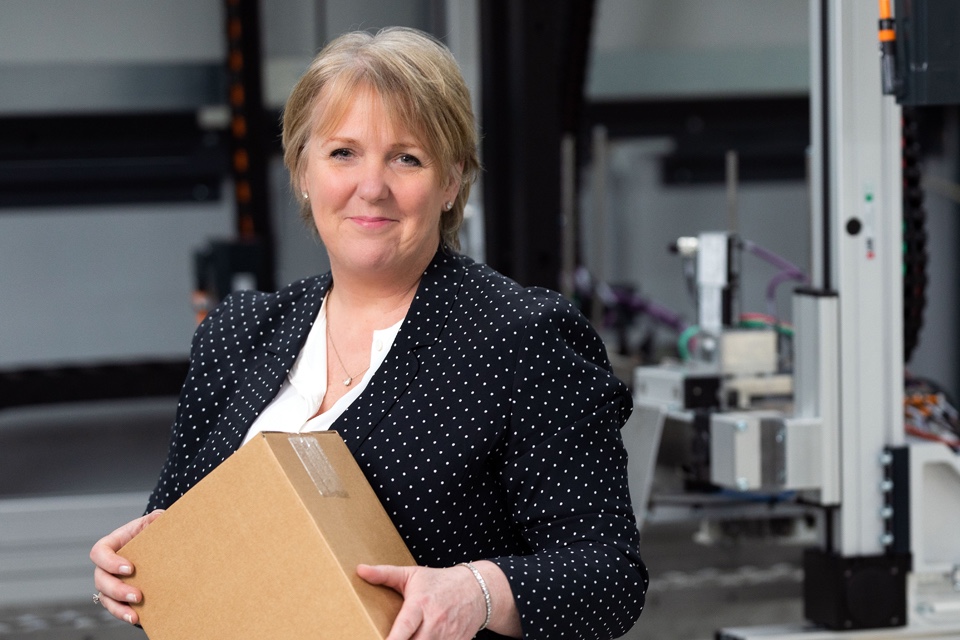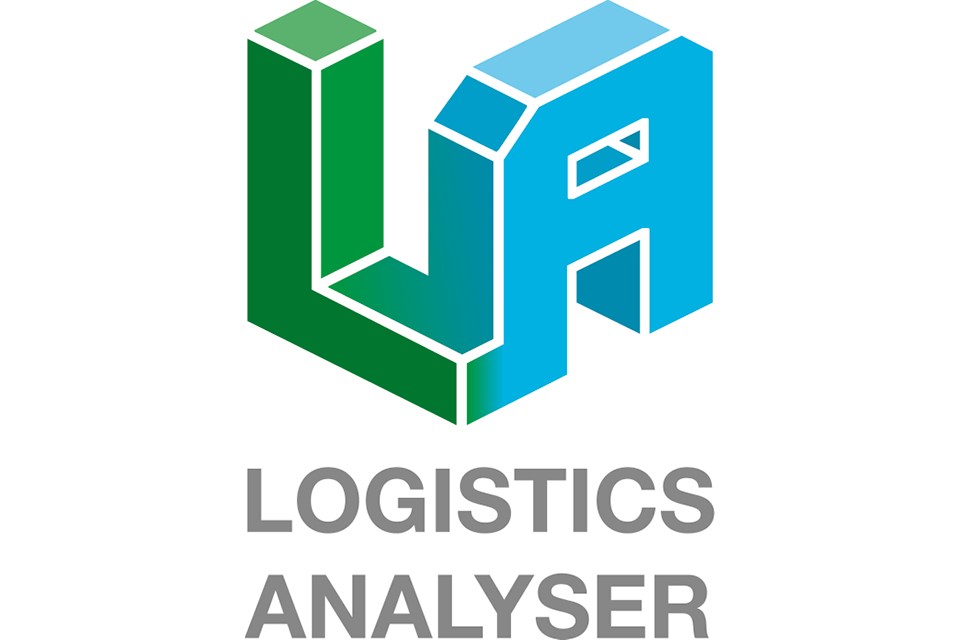5 Minutes With… Holly Piggott, Director of Alinea Customs

In the latest instalment of our supply chain industry executive interview series we spoke to Holly Piggott (pictured), Director of Alinea Customs, about the sector’s geopolitical challenges, the opportunity for greater efficiencies presented by automated order routing, leveraging the benefits of free trade agreements and more… Tell us about your company, products and services. Alinea […]
5 MINUTES WITH… Matt Benwell, National Sales Manager at Orridge Supply Chain Solutions

In the latest edition of our supply chain industry executive interview series we speak to Matt Benwell, National Sales Manager at Orridge Supply Chain Solutions, about change being the sector’s only constant, the importance of independent expertise when it comes to metrics, Net Zero being very much on the new government’s agenda and the impact […]
5 Minutes With… Amy Heineike, VP of Engineering at 7bridges

In the latest instalment of our supply chain industry executive interview series we spoke to 7bridges VP of Engineering Amy Heineike about managing geopolitical and economic shocks, the importance of adaptability, the impact of AI tools and how corporate sustainability will be a big focus in 2023… What have been the biggest challenges the Supply Chain industry […]
5 Minutes With… Sparck Technologies’ Jo Bradley,

Sparck Technologies has a mission to make sustainable packaging the standard in ecommerce. Companies worldwide are now able to benefit from the firm’s smart packaging systems by saving on box volume, packaging material and personnel costs. Jo Bradley (pictured), Sparck Technologies business development manager in the UK, speaks to Supply Chain Briefing… Tell us about […]
5 Minutes With… Quinyx’s Ken Fernée

In the latest instalment of our supply chain industry executive interview series, we spoke to Quinyx Account Executive Ken Fernée about demand forecasting, the need for agile flexibility, priorities for the coming year and the advantages of a happy workforce… Tell us about your company, products and services Quinyx is a workforce management solution that […]
5 Minutes With… Dassault Systèmes’ Adrian Wood

For the latest instalment of our supply chain industry executive interview series we spoke to Adrian Wood Director, Strategy & Marketing at Dassault Systèmes, about the company, the ongoing effects of the pandemic on the industry, the rise of the remote workforce, automation and the importance of listening… Tell us about your company, products and services. […]
5 Minutes With… Transport Services Europe’s Tom Stangoe

In the latest instalment of our supply chain industry executive interview series we spoke to Transport Services Europe MD Tom Stangoe about the company, the ongoing challenges posed by COVID-19, industry opportunities and technical innovation… Tell us about your company, products and services. Transport Services Europe is a freight forwarding company that operates lines across Europe […]
5 Minutes With… David Rose, Innovation Director at PALLITE

In the latest instalment of our supply chain industry executive interview series we spoke to David Rose, Innovation Director at PALLITE, about the company, the ongoing challenges posed by COVID-19, industry opportunities and technical innovation… Tell us about your company, products and services. PALLITE® is an ambitious, award-winning international designer and manufacturer of paper honeycomb board […]
5 Minutes With… Simon Wood, LPR

In the latest instalment of our supply chain industry executive interview series, we spoke to Simon Wood, Operations Director at LPR UK & Ireland, about the company, the ongoing impacts of Brexit and COVID-19, market opportunities and new technology… Tell us about your company, products and services. LPR UK is a subsidiary of LPR – […]
5 Minutes With… Bob Tarrant, UniCarriers UK

We recently spoke to Bob Tarrant, UK Products Manager at Unicarriers UK, about the company’s forklift solutions, an increase in storage systems reviews, the importance of data and operational efficiencies… Tell us about your company, products, and services. UniCarriers have been a global supplier of forklift trucks for over 50 years. We are totally committed […]

